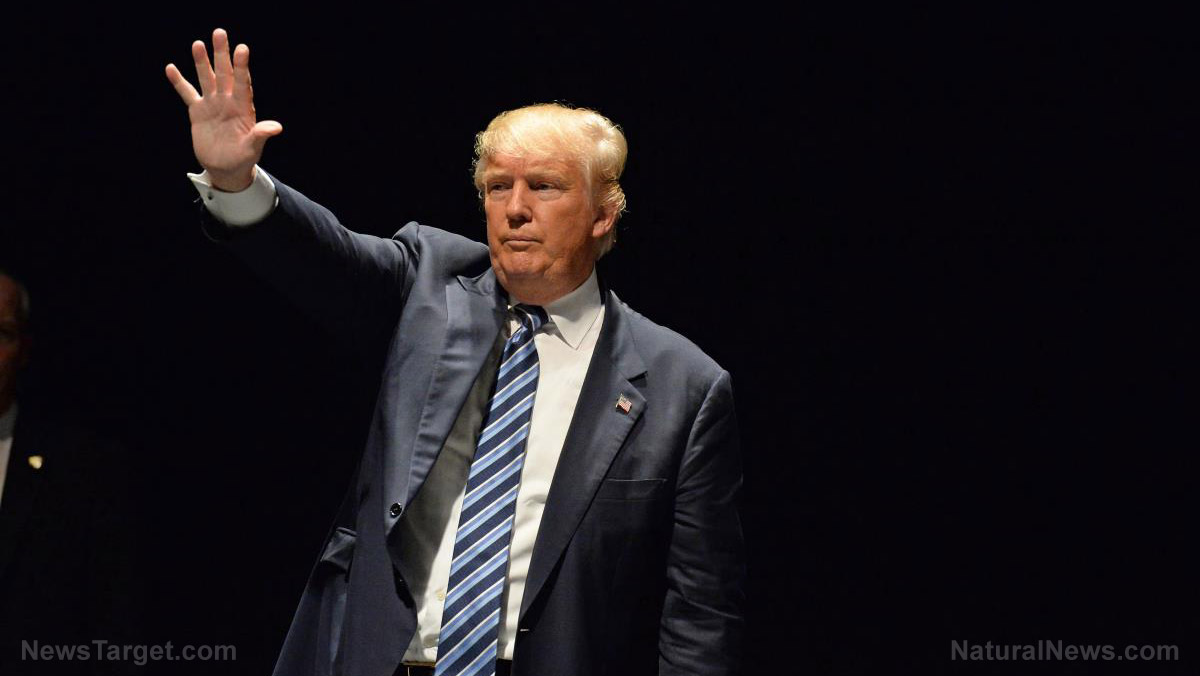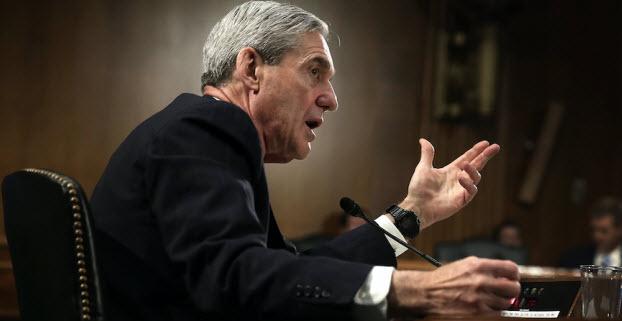Another reason why Congress needs to just legalize marijuana
07/13/2016 / By usafeaturesmedia

(BigGovernment.news) The Obama administration’s failure to enforce the nation’s drug laws – specifically, the federal ban on recreational use of marijuana – is confusing, confounding and frustrating to many. What’s worse, it is also needlessly expensive for the taxpayer, making it high time (pardon the pun) that Congress stepped up and stepped in to either force the administration to enforce the law, or see that the ban is lifted.
As reported by AMI Newswire, the federal agency responsible for eradicating marijuana – the Drug Enforcement Agency – has actually ramped up its efforts in recent years, even as states like Washington, Colorado and, soon, a raft of others, allow residents to freely smoke it.
The newswire service reported that DEA increased marijuana eradication funding in 25 states between 2014 and 2015, according to newly released figures. The increases, revealed this week in response to a citizen FOIA via MuckRock, came in 10 states that have already legalized medicinal marijuana, including Maine, California, Ohio, and Massachusetts.
The DEA increased its allocation in two other states – Florida and Missouri – where voters in November will decide on the medicinal use of pot. Pot advocates in two other states, Michigan and Nevada, have submitted petitions to put legalization measures on the November ballot. Eradication expenditures increased in both of those states last year from 2014.
Several states saw drops in federal funds for getting rid of grow operations and plants, including South Carolina, Utah and Arizona. Allocations also dropped in Oregon and Washington, where pot is legal.
Participation in the DEA eradication program is optional and some states have opted out, relying on local and state funding. Eradication allocation for Colorado and Alaska, where recreational pot is also legal, was zero last year after the states received $80,000 and $70,000, respectively, the year before.
North Dakota, Arkansas, Rhode Island, South Dakota and Wyoming received no allocation for 2014 or 2015.
For several years, the DEA’s eradication budget has stood at $18 million, funded in part by the assets forfeiture fund of the Department of Justice.
Eradication has been marked by controversy, including the revelation in the mid-2000s that much of the marijuana being discovered and destroyed was so-called “ditchweed” or wild growing, uncultivated pot that has no psychoactive ingredient.
Critics have pointed also to the low rate of sites discovered – according to DEA figures, last year there were 4.2 million plants destroyed, compared with 6.7 million in 2011, a 37 percent drop.
In November, a group of 12 Democrats in Congress sent a letter to leadership asking that half the $18 million budget, or $9 million, for eradication be redirected to social programs and deficit reduction.
“There is no justification for spending this kind of money on an antiquated program never shown to be effective,” the lawmakers said. The allocation, though, stood.
The DEA, which did not respond to an interview request, has spent money on eradication since 1979, when it devoted all its resources to California and Hawaii. Within six years, the program expanded to include funding for all states.
Drug policy wonks pro and con are watching daily now for a ruling from the DEA on pot’s lawless status. In an April letter to federal lawmakers, the DEA said it would reconsider the status of marijuana as a Schedule 1 drug, equal in harm to heroin or LSD, in the first six months of the year.
The reclassification would be a major move in the drug war and dramatically affect funding for law enforcement operations, many of which have fought to keep marijuana prohibition alive while also vying for lucrative grants to do so. It would also most likely prompt Congress to address the funding of the eradication allocation.
Steve Miller of AMI Newswire contributed to this report.
More:
- Did Hillary Clinton REALLY Break The Law Governing Handling Of National Security Data? Clearly, Yes
- A Majority Of Americans Favor Legalizing Pot – So What Is Stopping Congress From Doing So?
- Older People All Across The USA Are Turning To Marijuana To Cure Their Ailments
BigGovernment.news is part of the USA Features Media network. Get caught up on ALL of the day’s most important news and information here.
Tagged Under: Congress, marijuana, Obama Administration





















